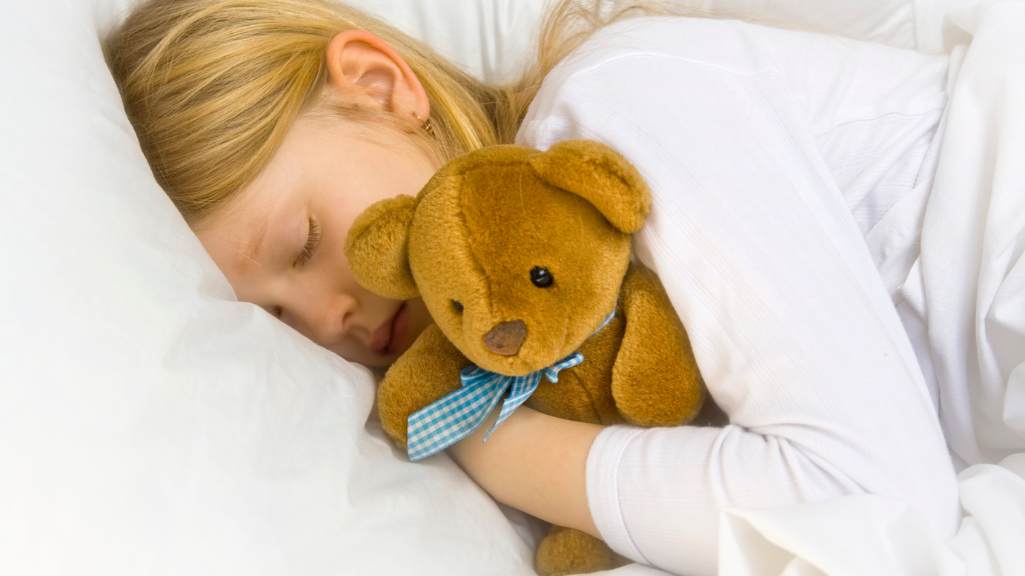How to Overcome Revenge Bedtime Procrastination and Prioritize Sleep?
Steffan Addison
. 3 min read
Bedtime procrastination is a phenomenon where individuals delay going to sleep, even when they are tired, to gain some extra time for themselves. It is often seen in people who lead a busy and stressful lifestyle, and feel like they don't have enough time for themselves during the day. This behavior can be harmful to one's health, as it can lead to sleep deprivation, which in turn can cause fatigue, decreased concentration, and a weakened immune system. By incorporating a video chat into your bedtime routine, you can not only gain that extra time for yourself but also connect with someone important to you, promoting a sense of emotional well-being and fulfillment.

What Exactly does it mean to "Revenge Bedtime Procrastinate"?
A person is said to be engaging in revenge bedtime procrastination when they make the conscious decision to delay going to sleep in order to gain more time in the evening. According to integrative psychiatrist and sleep specialist Nishi Bhopal, M.D., who previously discussed it to mbg, it typically takes place when individuals believe that they do not have sufficient time during the day.
Causes of Bedtime Procrastinate
Researchers have developed a few hypotheses to explain why some people consciously choose to get less sleep in order to have more free time. It's possible that you're a morning person who was born into a world inhabited by night owls. Or perhaps you've had a particularly stressful day and are looking for a quick and easy way to relax. Other studies also link the act of postponing sleep to a lack of self-control, which is something that you could have less of as the day winds down.
Ease up on the amount of work you have to do
There is a strong correlation between stress and a variety of sleep disorders. If you can get a handle on your stress, you'll be in a much better position to have a restful night's sleep. Kezia Luckett, a positive psychologist and motivational speaker, recommends cutting back on your working hours so that the latest appointment you have is no later than 7 o'clock at night. I'm a freelancer and a type A person who has to cross everything off my to-do list, so I've found that the most valuable addition to my new routine is scheduling a time to stop working.
Because of the pandemic, we have had to put in significantly more hours of work than we normally would. There has been a shift toward working more throughout the world, according to NordVPN Teams, a firm that provides virtual private networks and is headquartered in New York.
Make your bedroom a more relaxing place to sleep
Also, the atmosphere in which you sleep is quite essential. Make your bed a hallowed space by reserving it solely for sleeping and sexual activity; this will train your brain to quickly identify it with periods of relaxation. Then, after the sun goes down, make sure there is as little exposure as possible to bright lights, loud noises, and technological devices. If you used to work in an office and now do your job from home, Romanoff recommends that you try to recreate as much as you can of your old work environment in your home office or living room while you are working.
Do not be Hesitant to Seek for Assistance from others
If you find that you are struggling to keep up with the demands of your job, your childcare responsibilities, or anything else. In most cases, there is a partner, a friend, or a loved one who will be pleased to take something off your plate so that you may reestablish some sense of equilibrium in your life. Caffeine and alcohol consumption deserve special attention.
Alcohol can disturb your circadian rhythm, which means that even if it helps you go asleep, it won't do you any favors in the staying-asleep department even if you drink it before bed. Although though a nightcap or glass of wine can help you wind down and relax, it may also make the idea of sleeping well after seem like a distant dream after consuming them.
Conclusion
In conclusion, revenge bedtime procrastination is a behavior where individuals delay their sleep to have more free time in the evening. This behavior is linked to a lack of self-control, stress, and a desire for relaxation. To overcome this behavior, individuals can ease up on their workload, create a relaxing sleeping environment, and seek help from others when needed. Additionally, alcohol and caffeine consumption should be limited as they can disrupt sleep quality. By implementing these strategies, individuals can prioritize their sleep and improve their overall well-being.
.jpg)
.jpg)